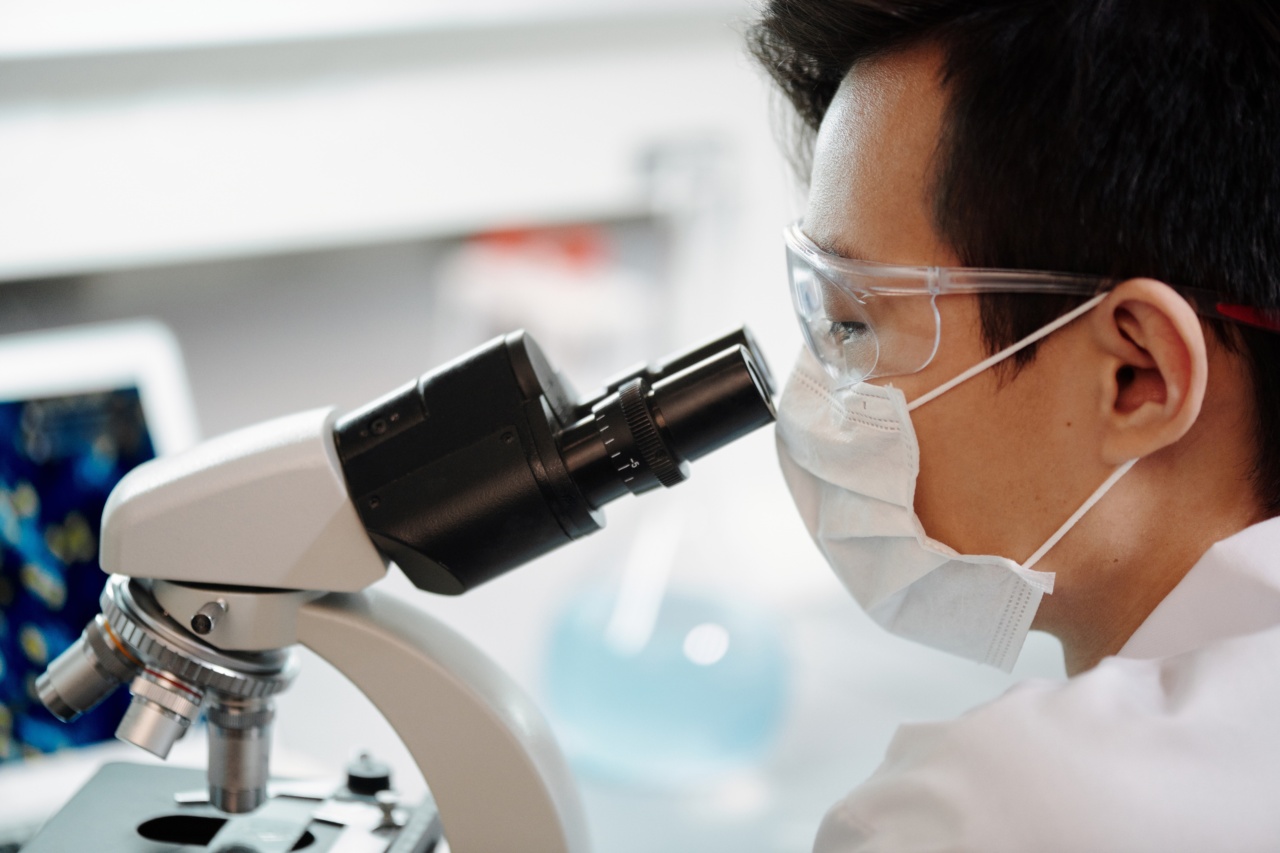Colon cancer is a significant public health concern, being the third most common cancer worldwide. Scientists have been studying various factors that contribute to the development of colon cancer, such as genetics, diet and lifestyle.
However, recent research suggests that gut bacteria, also known as the gut microbiota, may play a crucial role in colon cancer development.
The Gut Microbiota and Its Importance
Your gut is home to trillions of bacteria, viruses, and fungi, collectively known as the gut microbiota.
These microorganisms carry out vital functions in your body, such as aiding in digestion, producing essential nutrients, and modulating your immune system. The composition and diversity of the gut microbiota can vary between individuals due to various factors, including diet, lifestyle, and genetics.
Link Between Gut Microbiota and Colon Cancer
A growing body of evidence suggests that alterations in the gut microbiota’s composition and function can contribute to the development of colon cancer.
Studies have shown that certain bacteria, such as Fusobacterium nucleatum and Bacteroides fragilis, are more abundant in individuals with colon cancer compared to those without the disease.
Fusobacterium nucleatum is believed to promote the growth of colon cancer cells by stimulating inflammation and impairing the immune system’s function.
It has been found in both early and late-stage colon cancer tumors, indicating its potential involvement throughout the disease’s progression.
Bacteroides fragilis, on the other hand, can produce toxins that damage the DNA in colon cells, leading to genetic mutations and the development of cancerous tumors.
This bacterium has been associated with an increased risk of colon cancer and poorer patient outcomes.
The Role of Inflammation and Immune Response
Inflammation is a common feature of colon cancer development, and gut bacteria can influence this process. Certain gut bacteria can trigger an immune response, leading to chronic inflammation.
Prolonged inflammation can damage DNA and promote the growth and survival of cancer cells.
Moreover, the gut microbiota helps regulate the immune system’s response to pathogens and abnormal cells.
Dysbiosis, an imbalance in the gut microbiota, can disturb immune system functioning and weaken the body’s ability to control the growth of cancer cells in the colon.
Impact of Diet and Lifestyle on Gut Bacteria and Colon Cancer
It is well-established that diet and lifestyle choices can significantly shape the gut microbiota composition. Certain dietary factors, such as consuming a high-fat, low-fiber diet, are associated with an increased risk of colon cancer.
This type of diet promotes the growth of harmful bacteria while decreasing the beneficial ones.
In contrast, a diet rich in fiber from fruits, vegetables, and whole grains promotes the growth of beneficial bacteria, which produce short-chain fatty acids.
These fatty acids have anti-inflammatory properties and help maintain a healthy gut environment, reducing the risk of colon cancer.
Furthermore, lifestyle choices such as cigarette smoking and excessive alcohol consumption can also disrupt the gut microbiota balance and increase the risk of colon cancer development.
Therapeutic Implications and Future Prospects
The emerging role of gut bacteria in colon cancer development opens up new avenues for prevention and treatment strategies.
Researchers are exploring the possibility of using probiotics, which are live beneficial bacteria, to restore a healthy gut microbiota composition in individuals at risk of colon cancer.
Additionally, fecal microbiota transplantation (FMT) is being investigated as a potential treatment for colon cancer.
FMT involves transferring fecal material from healthy donors into the colon of individuals with colon cancer to restore a balanced gut microbiota and improve treatment outcomes.
However, scientists still have much to learn about the intricate relationship between the gut microbiota and colon cancer.
Further research is needed to better understand the mechanisms by which gut bacteria contribute to cancer development and identify specific bacteria that could serve as diagnostic markers or therapeutic targets.
In Conclusion
Gut bacteria appear to be a key factor in the development of colon cancer. The composition and function of the gut microbiota can influence inflammatory processes, immune responses, and DNA damage that lead to colon cancer development.
Maintaining a healthy gut microbiota through a balanced diet and lifestyle choices may help reduce the risk of colon cancer.































